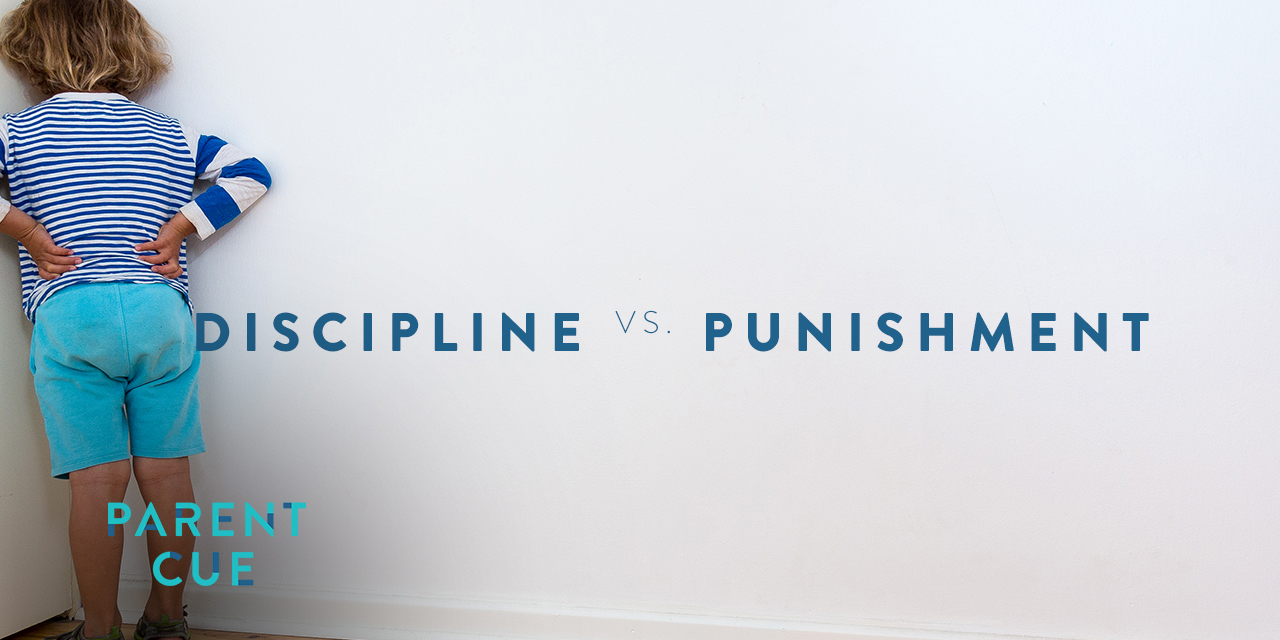
I love the Enneagram. I’m sure you do, too. I feel compelled to tell you that I’m a one . . . and to tell you all the ways my “one-ness” shows itself in my work and relationships.
Truthfully, I find all of the personality profiles to be pretty fascinating. I’ve grown a lot over the years by learning through RightPath, Myers-Briggs, Strengths Finder, the Golden Personality Profiler, and I Said This, You Heard That. My love language—for the record—is a strong quality time (with a zero on gifts).
Right now you’re probably starting to think about your own numbers and results, and all the factors that make you unique and special. You probably love to talk about all those self-awareness tools with your friends and co-workers just like I do. Those same tools can give us a valuable window into the way our kids are wired, too.
With such easy access to all this great information—maybe now more than ever—we love to think about, read about, and discuss all the complex reasons why we are who we are.
But there’s a tension I’ve felt with all this self-discovery. Maybe you’ve felt it, too. With every data point that tells me who I am, I start to push back just a little bit. I start to think, “Yes—that’s me. But that’s not ALL of me.”
If I’m being honest, sometimes I feel like I’m getting typecast. I can start to feel like the narrative of my life is being written FOR me. It’s like I’ve been put in a box, made up of walls of information, profiles, test, and assessments. The walls of that box may be mostly accurate . . . but those walls can seem to close in from time to time.
Do you ever wonder how this type of thinking might affect our kids? At school and with activities, they’re getting more and more specialized. They define themselves early on as performers, artists, soccer players, or STEM experts. This is a good thing—mostly. But what if we let all this specialization go unchecked? What if we define them so specifically that they don’t feel the freedom to explore new facets of who they are . . . or who they could be?
One of the biggest gifts I think we have as parents—maybe even one of our biggest responsibilities—is to speak words of truth to our kids.
Sometimes those positives can be very specific:
You make me laugh!
I love how expressive you are when you write.
You’re so kind to little kids; you’d be a great teacher someday.
But I think as I get older, and as my kids get older, too, I need to be careful with my words. I want to leave a little more room for mystery. A little more room for discovery. I don’t want my kids to think, “I’ll always ______,” or “I’ll never ________.” I want them to see themselves as works in progress.
They’ll get plenty of messages along the way, from me and from others. A lot of those messages will probably feel for them like one of those personality profiles feels to me: sometimes scarily accurate—but still, not the whole story.
I want my kids to see all of those “data points” in life as helpful insights, but not a prescription. I don’t want them to just “stay in their lane.” I want them to be able to write their OWN narrative. Above all, I want them to follow the leading of the Holy Spirit and let God shape their identity . . . whether that fits in a box or not.



